DON’T think I heard the word “narcissist” until a few years ago.
And if I did, I probably didn’t pay it much attention.
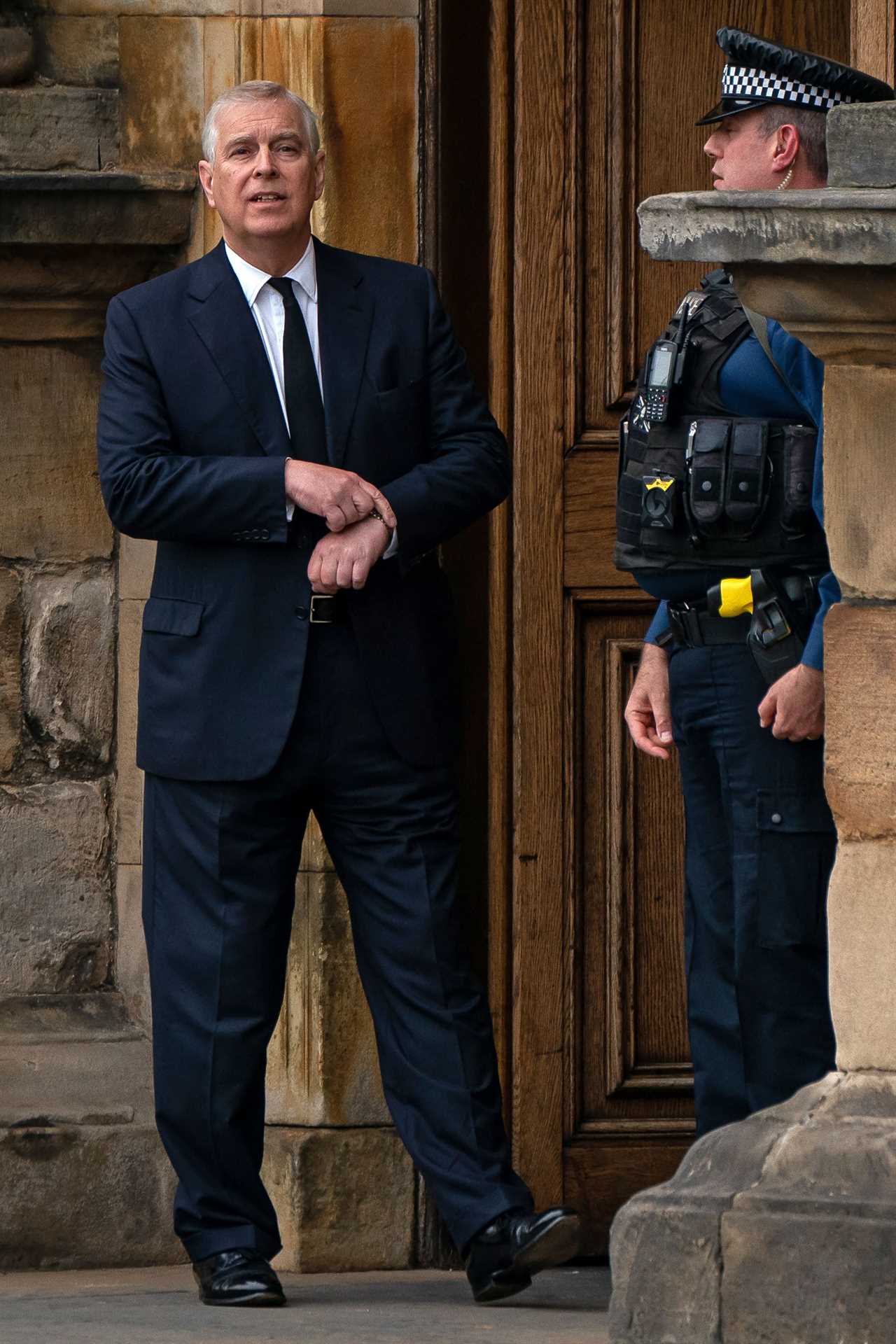
Prince Andrew is another narcissist, denying the merest hint of a suggestion that he might have been involved in anything dodgy
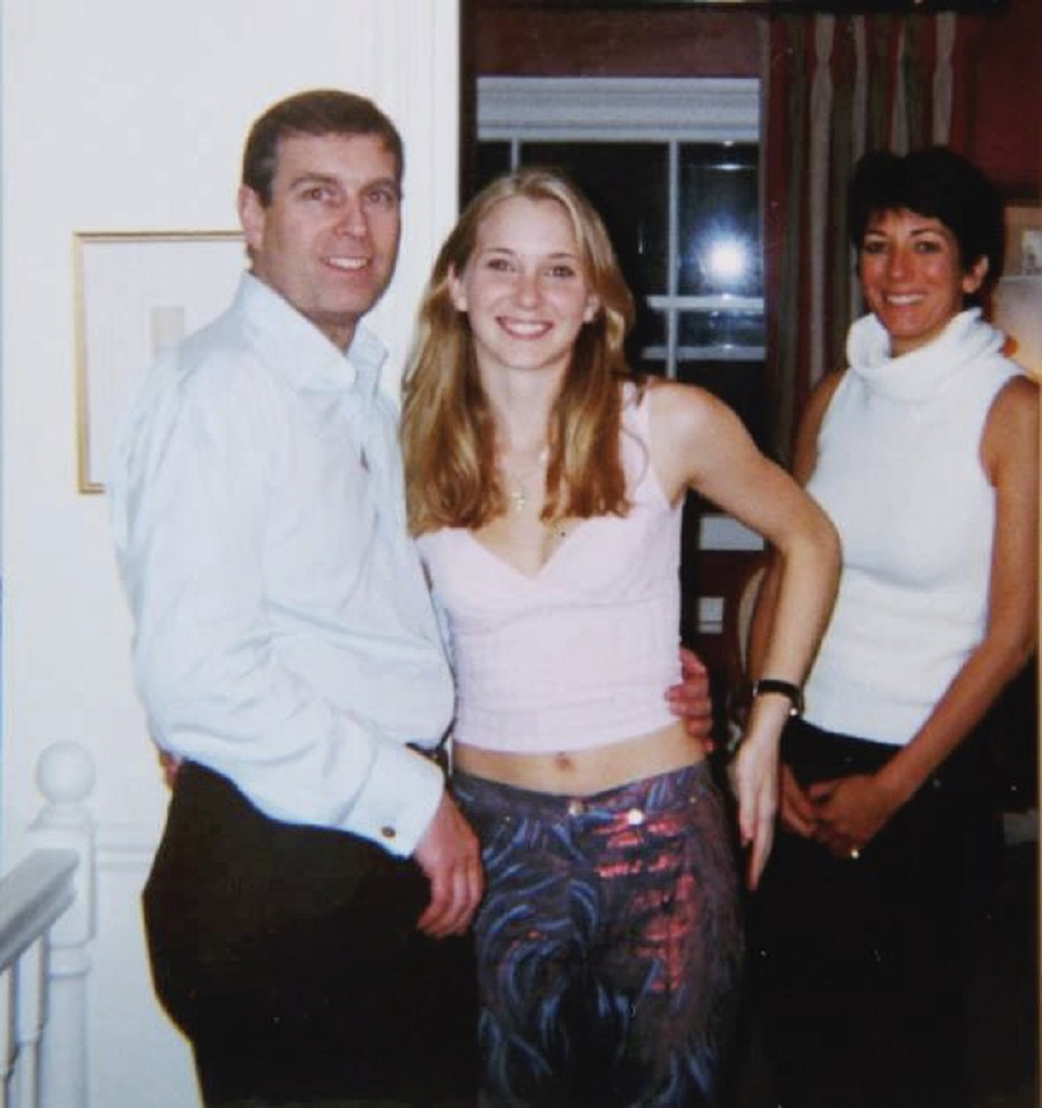
Prince Andrew with his sex accuser Virginia Giuffre
It sounded so extreme, so drastic and so severe.
Is it me or do I hear the word more often nowadays? Are there more narcissists around today?
Or perhaps we’re better at recognising and identifying them because now I feel like everyone I know seems to have come into contact with one.
Only mental health specialists can diagnose this condition, so far be it for me to make any amateur analysis.
But without pausing for breath, it’s easy to reel off some well-known ones.
The King of the Narcissists is surely Donald Trump — displaying a few too many of the characteristics associated with this condition such as an unreasonably high sense of his own importance; attention-seeking; desperate for admiration; an over- inflated ego; very few boundaries; a lack of empathy and a pronounced sense of entitlement — the list goes on.
Then, listening to Ghislaine Maxwell being interviewed on Talk TV this week, made me think: “There’s another one”.
No hint of empathy for any of her victims.
In complete denial about her conviction, choosing instead to moan about the food she’s being made to eat in prison.
It’s deeply worrying how people like this truly believe their own PR. Or should that be BS?
Then last week, in their infinite wisdom, the BBC started to broadcast a podcast with Shamima Begum — giving her a very public platform and opportunity to manipulate people’s opinion about her while she fails to take full responsibility for her actions.
Prince Andrew is another contender, denying the merest hint of a suggestion that he might have been involved in anything dodgy.
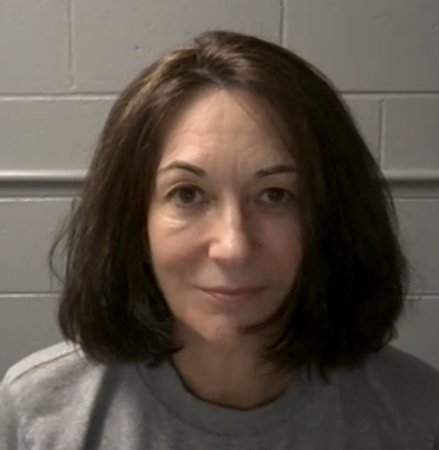
We can’t normalise nasty narcissists like Ghislaine Maxwell
Incapable, it seems, of even pretending to have empathy or an ounce of understanding and responsibility.
I met him when I was 20 at Windsor Castle and he looked me up and down as if I was a heifer at a cattle market.
Or as if he was God, himself. Deeply uncomfortable.
It’s in personal relationships that signs of narcissism appear to be becoming more common.
I have two close friends who were married to narcissists and their stories are nothing short of shocking.
The arrogance of these men; their disregard for others; their inability to understand the effect of their behaviour on their wives; the terrifying manipulation and exploitation of their partners for their own benefit.
It’s hard to even imagine that these people are actually human because, ultimately, they are lacking so much in humanity.
And with all these detrimental and dangerous characteristics comes the coercion and gaslighting.
Often starting a relationship by saturating the victim with attention and affection — love-bombing them, in short — all under the guise of love.
Making them feel special and like they are the centre of the universe, only for them to gradually pull the rug from under the casualty’s feet.
By which stage it’s all too hard to extricate yourself from the relationship and the narcissist, predominantly because the perpetrator will always convince the other person that they are in the right because they don’t carry guilt about anything.
Or anyone.
Granted, I’m sure many of us have shown the occasional narcissistic behaviour.
Who doesn’t like praise, attention and admiration?
Who doesn’t sometimes have a burgeoning ego and some repressed insecurities?
I can think of a few politicians and divas like this but they’re not permanent characteristics that go on to damage other people.
Research shows that narcissism affects 7.7 per cent of men in the general population and 4.8 per cent of women.
Perhaps it’s not that surprising that there are nearly twice as many men with the condition, based on what I’ve heard anecdotally.
On reflection, I now realise I was definitely in a relationship with a narcissist many, many years ago.
It was a scary time because as life marched on, I began to normalise his behaviour; I excused it and didn’t have the tools to find a way out.
BLURRING THE LINES
I went from being a happy, confident young woman to a tense, insecure, scared, dependent, shadow of my former self.
I may not have seen the signs all those years ago but I do now.
Either that’s because there are more narcissists among us or we more clearly understand what makes one.
In a world where we admire and promote ego and confidence so often on social media; where many have fixations with power, success and, moreover, beauty; where plenty of people laud attention-seekers and hold arrogance and manipulation by the likes of Andrew Tate in sky-high regard, we run the real danger of normalising this kind of behaviour.
We also run the risk of blurring the lines between someone being a bit cocky and someone being abusive and taking advantage of situations and other people.
I’m certainly hugely alert to it now. It is a mental health condition and needs to be treated as such.
Some might say I’ve started to become somewhat forensic in my analysis of people’s behaviour.
Because once bitten, twice as sharp.
TAKING BRIDE IN MY NOT - SO - BIG BASHES
RECENT statistics from UK wedding venues reveal there has been an exponential rise in couples shunning the big white wedding in favour of eloping.
It’s not just the cost-of- living crisis that has brought this about.
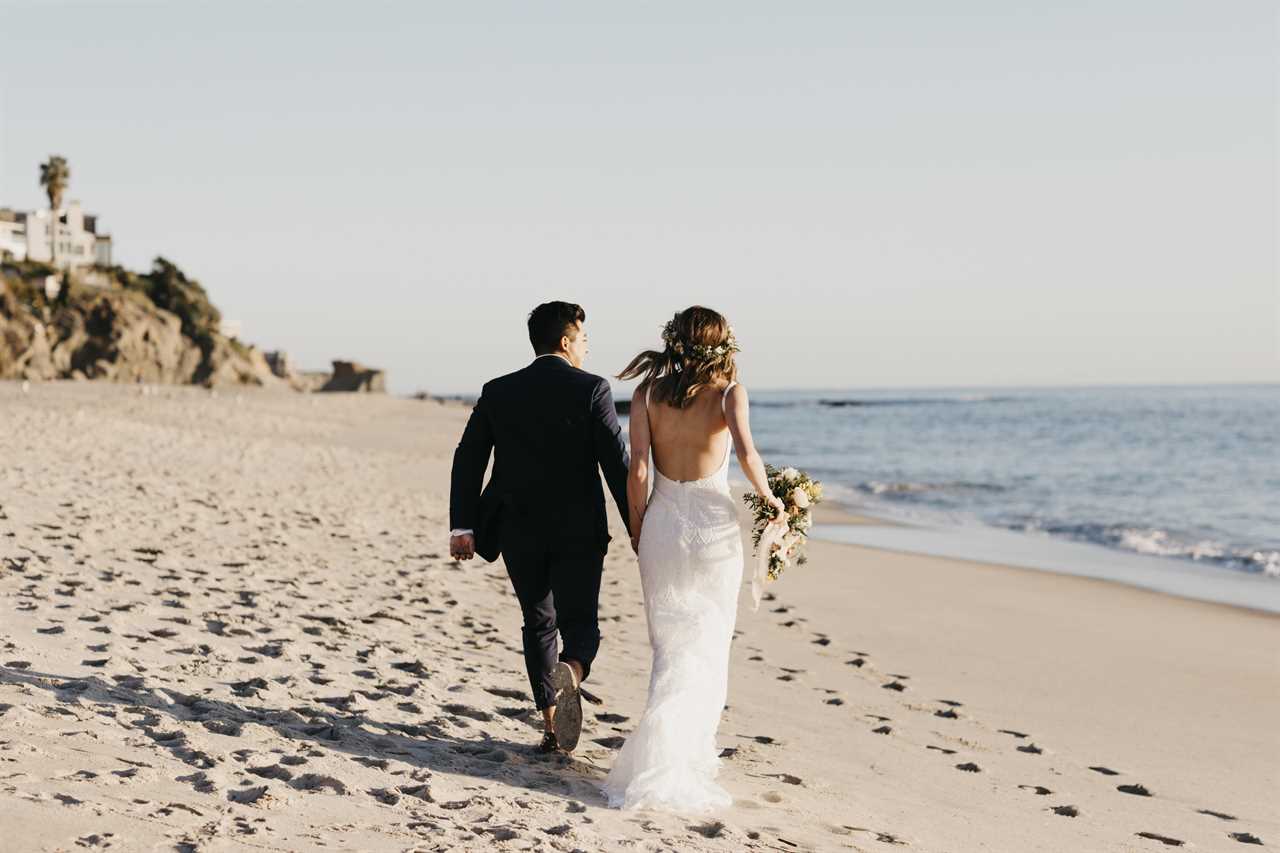
Statistics from UK wedding venues reveal there has been an exponential rise in couples eloping
Apparently, it’s been going on for a while.
When you consider that some weddings might include well over 100 guests and can cost anything between £10k and £40k (or even more, if you’re really fancy) – it’s not surprising and it makes complete sense to keep the money and run off and make the big day a bit “basic”.
It is only one day, after all.
As someone who has been married three times, I think you’ll agree I speak with some authority on this subject.
I was never a bridezilla and always did my best to keep things relatively simple.
My weddings were all small, intimate affairs with fewer than 20 people in attendance each time.
Marry again? I’d be Team Elope
The odd one might have been a tad lavish in nature but they were never BIG.
Probably due to the fact that I don’t even think I know 100 people.
As things stand today, there’s no chance of a bloke ever putting a ring on it EVER again (caveat: I may have promised this in the past then changed my mind) but if I did, I’d be Team Elope.
Or better still, Team Wedding By Zoom.
But after my three marriage experiences, I’m not the most pro-marriage person in the room.
In fact, if you’re a bride in a meringue dress, travelling in a fancy car covered in white ribbons and filled with flowers and you see a mad, middle-aged, blonde Swede shouting: “Don’t do it!” as you go past, that’s yours truly.
Every time. Without fail.
WORKING HARD WAS THE MAKING OF ROYAL ZARA
I’VE always had great admiration for Zara Tindall – not just as a serious, ambitious and goal-driven sportswoman but also for largely shunning royal life, which is in part thanks to her mother, The Princess Royal, who refused to give her children titles.
Now she’s opened up, very personally, in a podcast with her hubby, the cheeky Mike Tindall, about how – like so many of us – she has suffered from “mum guilt” for going out to work and leaving her children behind.
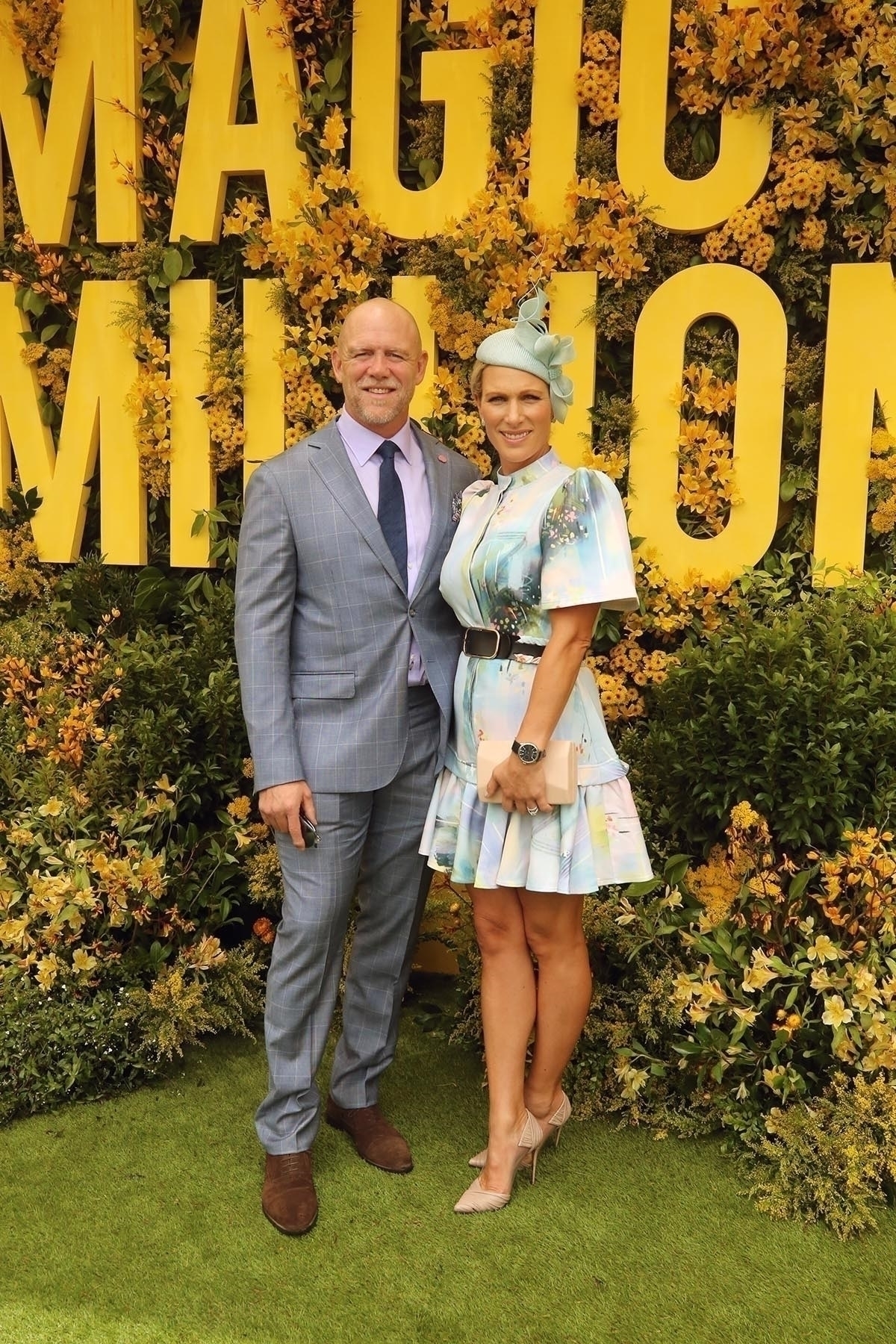
On her podcast with husband Mike, Zara Tindall said she has suffered from ‘mum guilt’
I didn’t feel overbearing guilt about carrying on working after having my children.
More often than not I just missed them and wanted to be with them.
But it was very clear in my mind, that, as the sole breadwinner, it was a need and therefore a must.
I would never want to belittle stay-at-home mums for the great job they do but I firmly believe that continuing to work – just as Zara concurs in the podcast – has made us better mothers.
We’re both lucky to have the opportunity to work and afford the childcare but at the same time, certainly for me, it really was a necessity.
What is slightly frustrating, however, is that we never seem to discuss “dad guilt”.
Either they don’t feel it or they’re not piping up about it.
Maybe it’s something Mike can explore in another episode.
I PREFER FRIENDS’ WISDOM TO DAFT ADVICE
SOME fancy-schmancy expert philosopher has come to the conclusion that we must not interfere in the big decisions made by our friends.
Cambridge boffin Dr Farbod Akhlaghi claims that telling our mates to not marry someone, not date a person, not have children or not move abroad “violates a crucial moral right”.
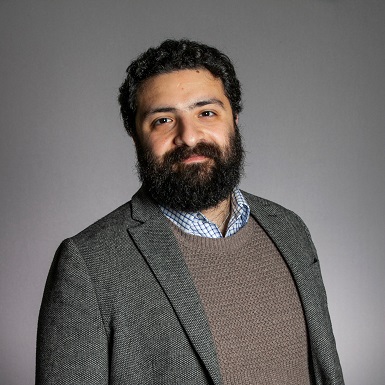
Dr Farbod Akhlaghi claims we must not interfere in the big decisions made by our friends
He says that we must have absolute autonomy over big dilemmas such as this because they are transformative and a friend’s intervention can cause real harm.
Well, if ever there was a friendship-killer, this advice is surely it.
I don’t know about you guys but I depend heavily on my friends’ advice.
I value their knowledge, experience and wisdom – surely that’s a human instinct and the basis of a good strong friendship.
Sometimes I don’t trust my own decisions but, moreover, when things weigh heavy on my mind, I always need a fresh, alternative perspective and opinion.
I want and crave the input of people I know and trust.
It’s surely a huge part of what friendship is about?
We build our relationships on honesty, and while friendships are very much about what we have in common with one another, it’s also about listening to and hearing about how we may differ.
I don’t surround myself with “yes people” – friends who constantly agree with me, pat me on the back and tell me I’m doing the right thing.
It’s often uncomfortable to hear negative input, criticism or disagreement but I respect it far more than someone who just worships every decision I make.
So, I always listen.
Doesn’t always mean I follow a friend’s advice because I have a strong backbone and a somewhat immoral compass, and sometimes I probably also deliberately like to do something I definitely shouldn’t.
My small circle of close friends often have different takes on decisions I might need to make, and I love, appreciate and value that far greater than I do the opinion of a philosopher who hasn’t walked a foot in my shoes.






